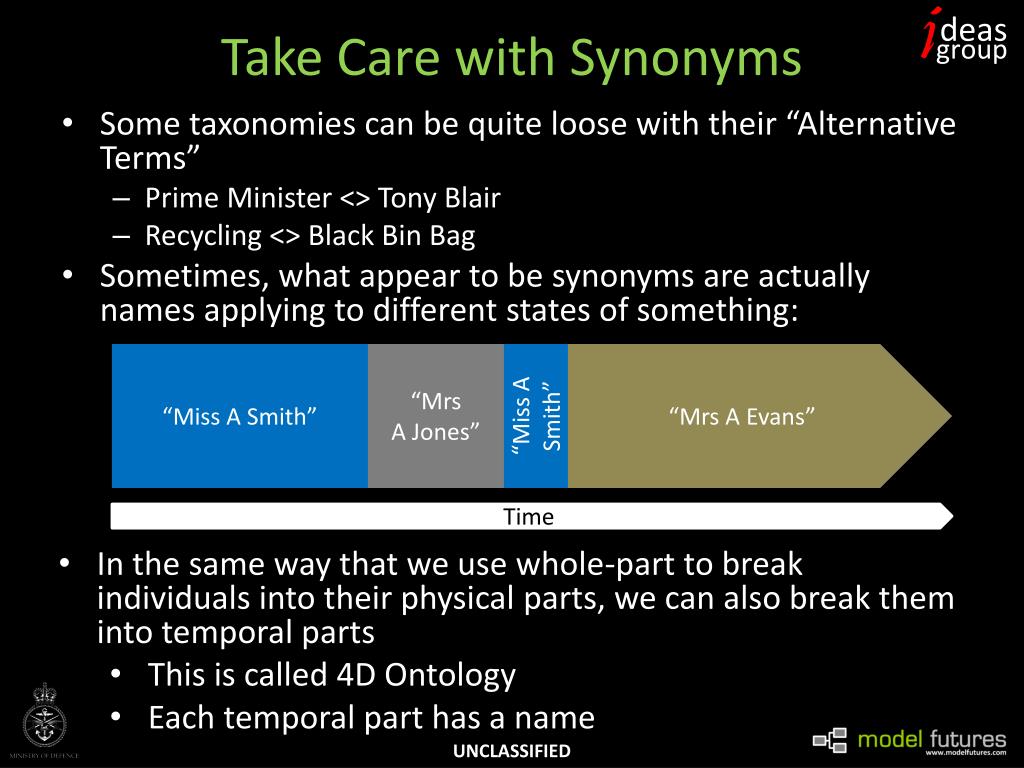

In life-threatening situations, call 911. If you or someone you know is struggling or having thoughts of suicide, call or text the 988 Suicide and Crisis Lifeline at 988 or chat at. The National Institute of Mental Health (NIMH) has information on ways to get help and find a health care provider or access treatment. If you find that you are experiencing these changes in behavior or notice them in a friend or family member and they begin to intensify or do not go away, reach out to a health care provider. The risk of violence and suicide decreases with treatment for psychosis, so it is important to seek help. In some cases, a person experiencing a psychotic episode may behave in confusing and unpredictable ways and may harm themselves or become threatening or violent toward others. Sudden drop in grades or job performanceĪlongside these symptoms, a person with psychosis may also experience more general changes in behavior that include:.Confused speech or trouble communicating.Difficulty telling reality from fantasy.


It is difficult to know the number of people who experience psychosis. During an episode of psychosis, a person’s thoughts and perceptions are disrupted and they may have difficulty recognizing what is real and what is not. Psychosis refers to a collection of symptoms that affect the mind, where there has been some loss of contact with reality. Research Training and Career Development Opportunities.Research Conducted at NIMH (Intramural Research Program).Upcoming Observances and Related Events.Contribute to Mental Health Research Mobile navigation


 0 kommentar(er)
0 kommentar(er)
